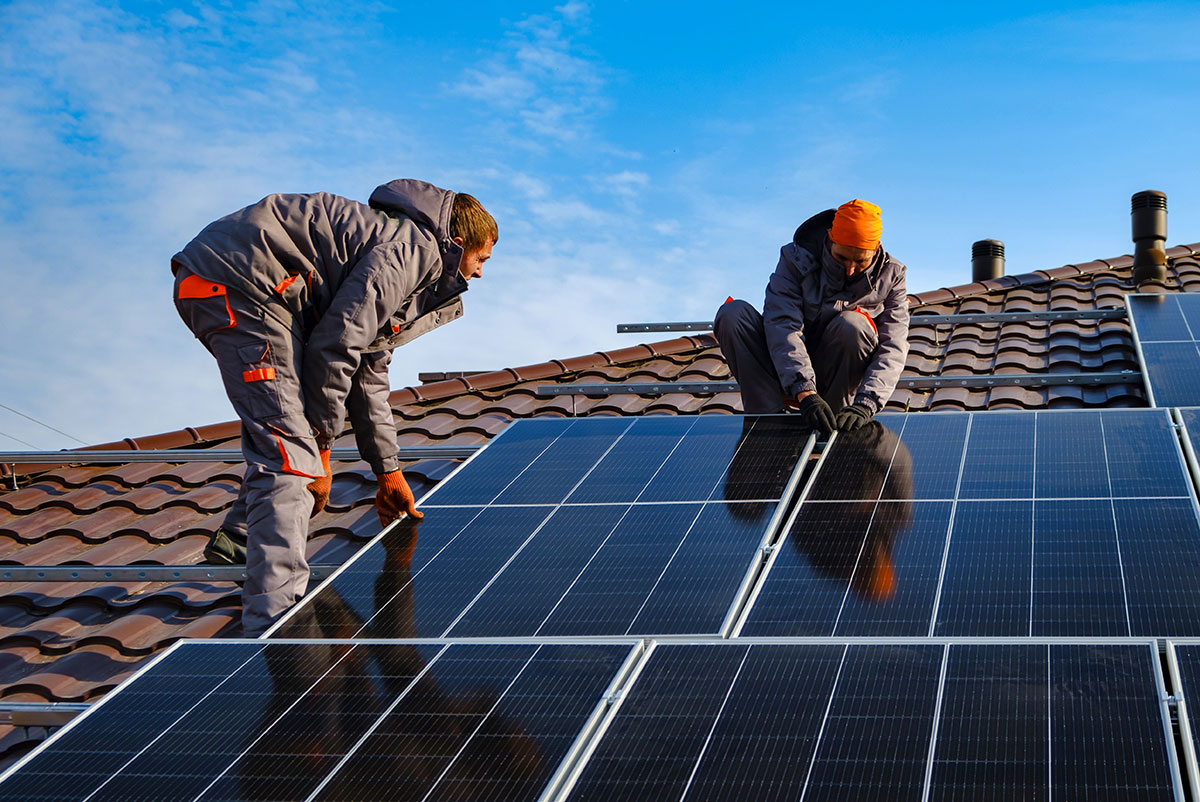The real estate market constantly evolves, influenced by economic shifts, technology advancements, and societal changes. Consequently, several future factors highlight the sector’s prospects.
Here are 11 predictions that could shape the real estate landscape in the years to come:
 1. The Rise of Smart Homes
1. The Rise of Smart Homes
It should be stated that utilization of technology is an essential component of people’s lives, including the sphere of real estate. The homes that are smart, automated and connected with the other facilities, along with energy efficiency, are expected to be the trend in future.
 2. Sustainability Takes Center Stage
2. Sustainability Takes Center Stage
People become more aware of the environmental conditions and ecological problems and that awareness translates into the field of real estate. Specific trends include further development of eco-friendly construction processes, energy consuming equipment, and power sources. With increasing environmental consciousness, the consumers are ready to spend a little more to afford environmentally friendly houses.
 3. Remote Work Reshapes Housing Preferences
3. Remote Work Reshapes Housing Preferences
Technological advancement, specifically work from home has greatly influenced the choice of housing. Far away from the cities or in suburban areas, dedicated home offices, larger homes, and the desire to move for home offices are the drifts. I anticipate we will be seeing more flexible work spaces and additional entertainment space on the exterior, because people are now equating balance in their lives.
 4. Urban Revival
4. Urban Revival
New Hope for Cities: With the pandemic reducing the attractiveness of cities only in the short-term, cities are set to come back. Perhaps culture tourism and preferential job prospects among other factors to boost the populated cities will be able to lure people back. It should be expected that urban renewal projects, mixed-use developments and investment in public transportation are to have a rebirth again.
 5. Addressing the Affordable Housing Crisis
5. Addressing the Affordable Housing Crisis
That is why people can still speak about the shortage of cheap houses in many areas. Financing affordable housing for low-income households remains a challenge for many governments and developers. Therefore, they seek innovative construction methods. It will also be expected that there will be more focus on striving to produce more varied types of housing to appeal to a variety of income groups.
 6. Generation Z Shapes the Future of Housing
6. Generation Z Shapes the Future of Housing
The next batch of homebuyers, the generation Z is different from the previous generations in many ways. They prefer urbanism, the sustainable way of living and use of technology. Prepare for increased demand for compact, energy-efficient homes equipped with smart technology and eco-friendly materials. Consequently, these trends will shape future preferences.
 7. Technology Transforms the Real Estate Experience
7. Technology Transforms the Real Estate Experience
The real estate business is getting a facelift through technology. VR’s potential enables potential buyers to counter check the properties without personally visiting the house while blockchain provides secure and transparent means of sale. They anticipate a continuity of these areas hoping to provide a smooth buying and selling process as well as improving customer experience.
 8. Climate Change Impacts Real Estate Decisions
8. Climate Change Impacts Real Estate Decisions
Global warming is a very recent issue in the world and its effect on commercial property is not yet fully felt but the signs are on the wall. Real estate in such zones, which are vulnerable to flood or other natural disasters, might be at risk of depreciating. On the other hand, the efficient and climatically stable buildings would be the most sought after in the market since they want to overcome the impacts of climate change.
 9. The Rise of the Rental Market
9. The Rise of the Rental Market
The rental market is projected to grow since the tenant popularity is steadily rising compared to home ownership. This trend is precipitated by matters such as flexibility, economic instability, and shift in people’s lifestyle. Some of the things that you need to expect are the co-living rental, short-term rental, and luxury rentals.
 10. Innovative Living Spaces
10. Innovative Living Spaces
Aside from Residential Spaces: New ideas such as starting shared social areas, co-living and co-working environments, and complex commercial and residential structures are in demand. These new housing models meet the demand and expectation of the dynamic residents, multi-functionality, reasonable price, and sense of belonging.
 11. Regulatory Changes
11. Regulatory Changes
Soft Power Changing the Market Environment: Possible change in the provisions of the zoning laws, building codes or taxation legislation of real estate could have profound implications to the market. Such changes could have implications on possibilities of investment, patterns of property development and the provision of low-cost housing.
Navigating the Shifting Landscape
These predictions clearly indicate that the real estate market is ever changing. Appreciating these trends is crucial as it helps both buyers and sellers navigate the emerging market effectively. These market trends help an individual to make right decisions in investments and maximize possible future gains.
